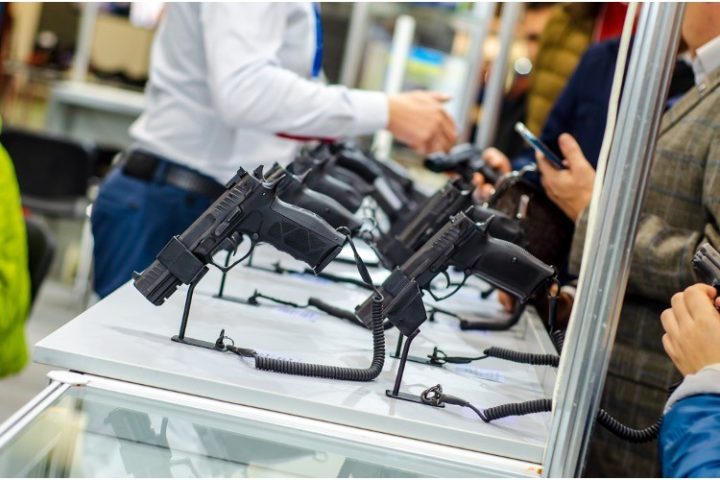
According to the Simmrin Law Group located in Burbank, California, Washington ranks #8 on its list of the most dangerous states in the country.
It wasn’t supposed to happen. Said Seattle City Council President Tim Burgess back in 2015 when his council voted unanimously to raise taxes on gun owners — $25 for each firearm purchased and two cents per round of rimfire ammunition and five cents per round on all other calibers — “A gun violence tax will give us revenue to provide broad-based benefits through research and prevention programs.… City government can and must pursue innovative gun safety measures that save lives and save money.”
He projected that the new tax would generate between $300,000 and $500,000 in new revenues to fund a study on how to reduce gun violence in the city.
The city’s “gun violence tax,” now in its ninth year, has done neither, but it has succeeded in driving legitimate gun dealers out of the city. It has also made it more difficult, especially for those of modest means, to purchase a firearm for self-defense.
At the time, Seregey Solyanik, the owner of gun retailer Precise Shooter, said, “My store will definitely have to move. It would not be economically viable to stay in the city.”
He joined in a lawsuit challenging the tax, saying at the time, “It is extremely easy to show that the only intent with this law is not collecting the revenue, but legislating on guns, and it should be easy for a court to see that this is illegal.”
Unfortunately, District Court Judge Todd Robinson didn’t see it that way, and ruled the tax was constitutional under the city’s taxing authority.
The rest is history. In 2016, the first full year after the “gun violence tax” was levied, the city received a third of the minimum of what was expected: $103,766. And there were 20 homicides that year.
The next year, revenues slumped to $93,220 while homicides jumped 35 percent, to 27.
The next year — 2018 — revenues fell further, to $77,518, while homicides increased again, to 32.
By 2023, revenues clocked in at $113,000 (still a third of the minimum expected by the mayor back in 2015), while homicides leapt to 73.
As Dave Workman, writing for Ammoland, noted, “Since the tax was approved, revenue has never come close to the pie-in-the-sky forecast, while murder and violent crime have gone up. So far this year [as of March 19], according to ‘Seattle Homicide’, the city has logged 12 murders.” That’s on track for 60 murders in 2024.
Alan Gottlieb, chairman of the Citizens Committee for the Right to Keep and Bear Arms, said:
The gun tax was an outrage when it was adopted and now it is officially a disastrous failure. The tax literally drove business out of the city … resulting in a loss of revenue.…
It’s pretty clear the actual intent was to push gun stores out and make it harder for Seattle residents to purchase firearms and ammunition.
Obviously, when you do that, only criminals will be armed, and crime will go up.
Gun-control groups think that the state of Washington, mirroring Seattle’s extreme distaste for the Second Amendment and those who support it, is doing just great. The state gets an “A-“ on the Giffords scorecard for “common-sense” gun laws, while Everytown for Gun Safety brags that Washington is “No. 9 in the country for gun law strength.”
Gottlieb reacted to this strange view of the world infecting those gun-control groups:
Evidently, the gun prohibition lobby is living in an alternate universe. Giving the state such high ratings probably won’t make the families of violent crime victims feel any better.
We’re still waiting for anti-gunners to explain how, after almost ten years of pushing increasingly restrictive gun laws, which only penalize law-abiding citizens, the number of Evergreen State murders has more than doubled.
Clamping down on gun rights was supposed to reduce murder and mayhem.
That was the meme foisted upon unsuspecting Seattle residents back in 2015. An increase in gun violence, higher costs to law-abiding gun owners, gun dealers going out of business or moving to friendlier climes, and lower overall tax revenues is just the cost of promoting the progressive anti-gun agenda in Seattle — and helping drive the state of Washington to No. 8 position on Simmrin’s list of the most dangerous states in the union.
Related articles:
Seattle Judge Dismisses Challenge Against “Gun Violence Tax”



